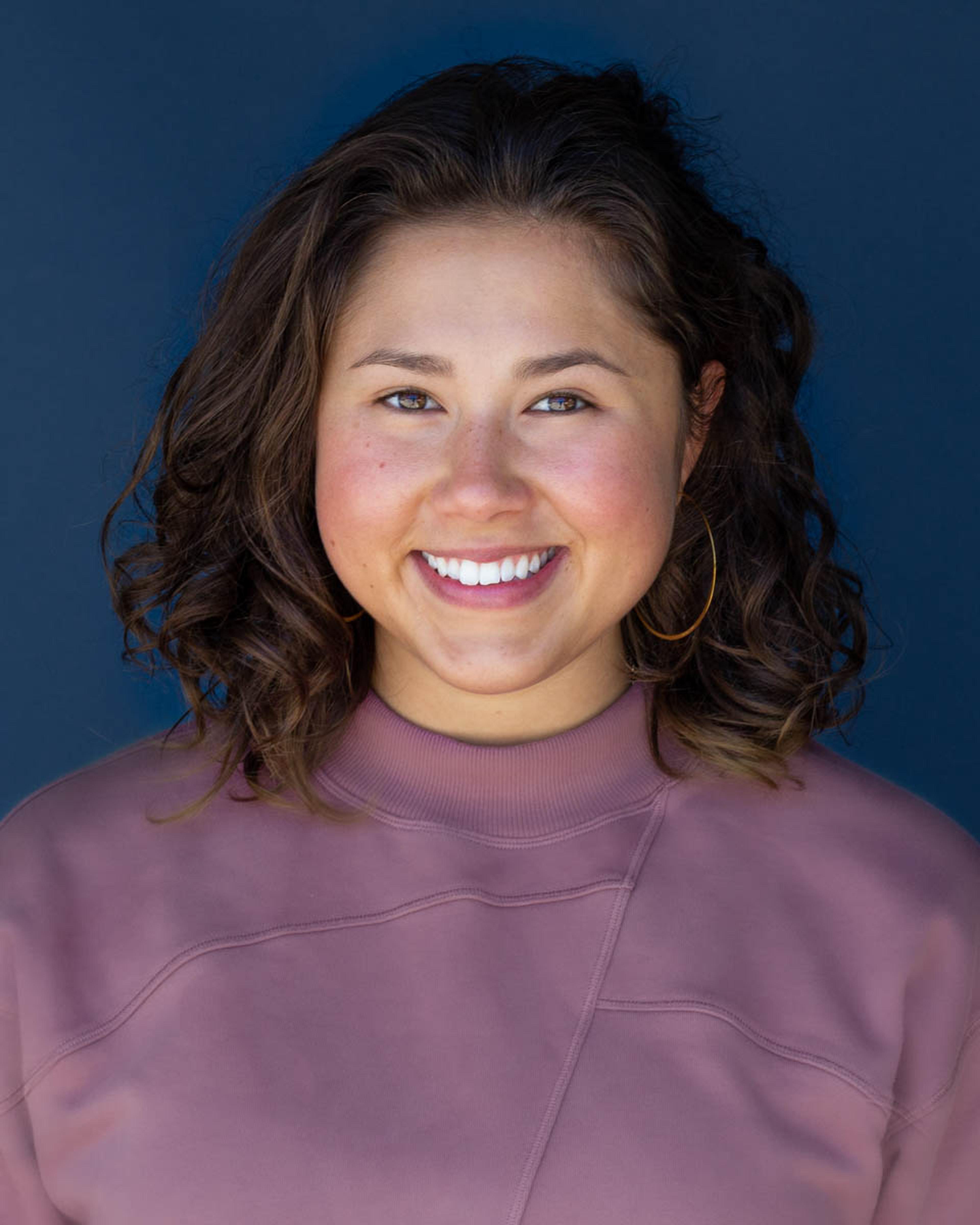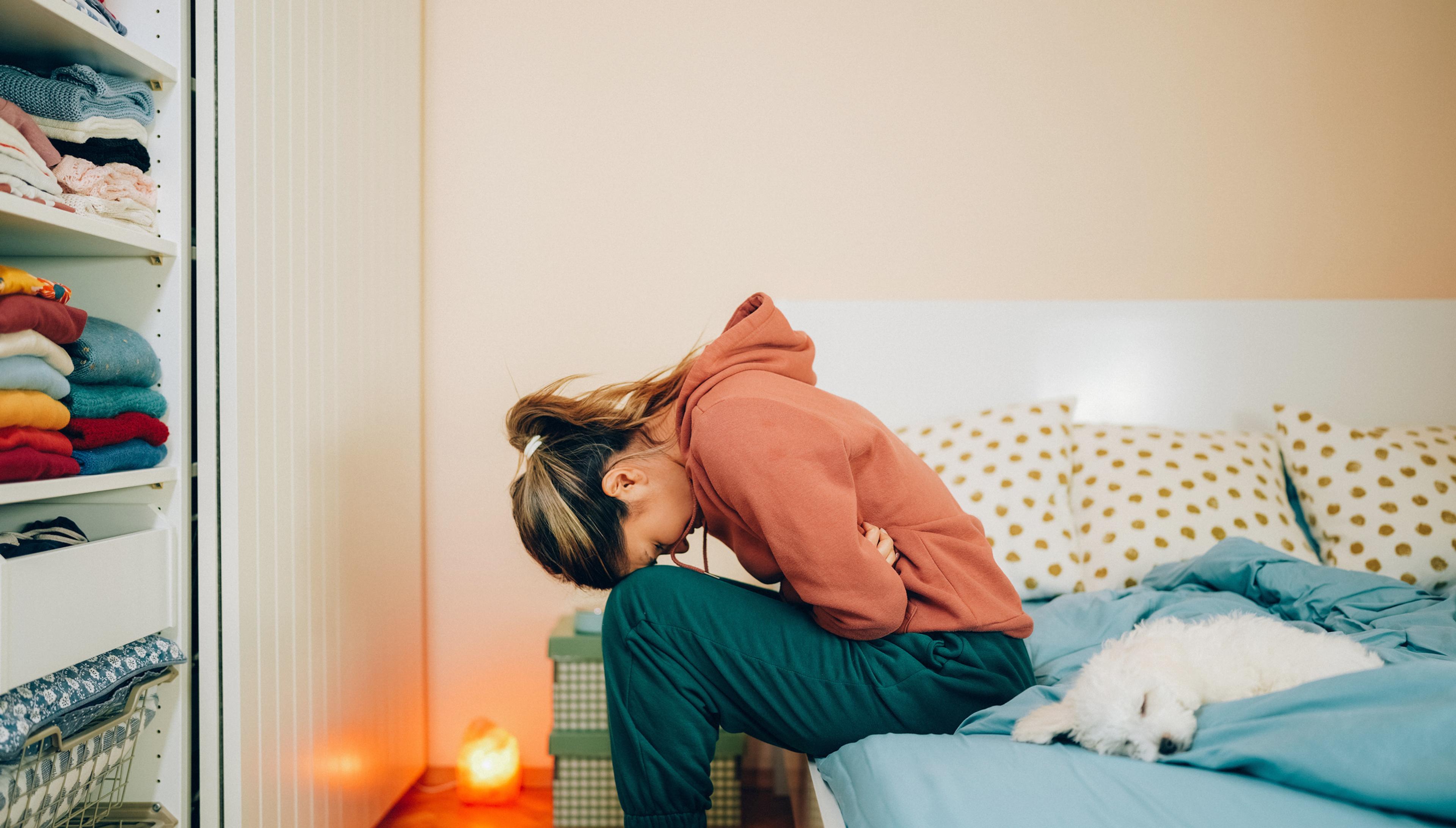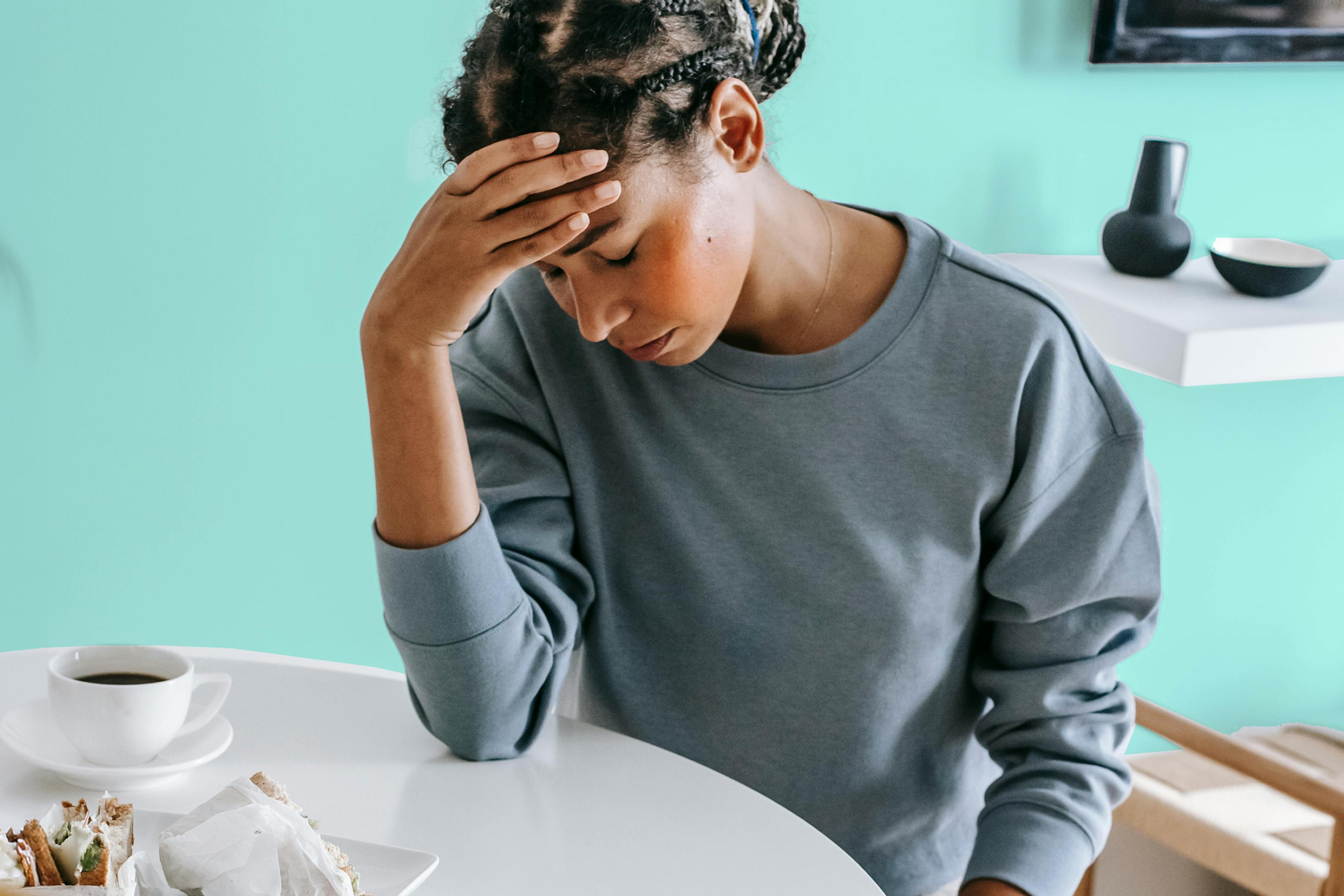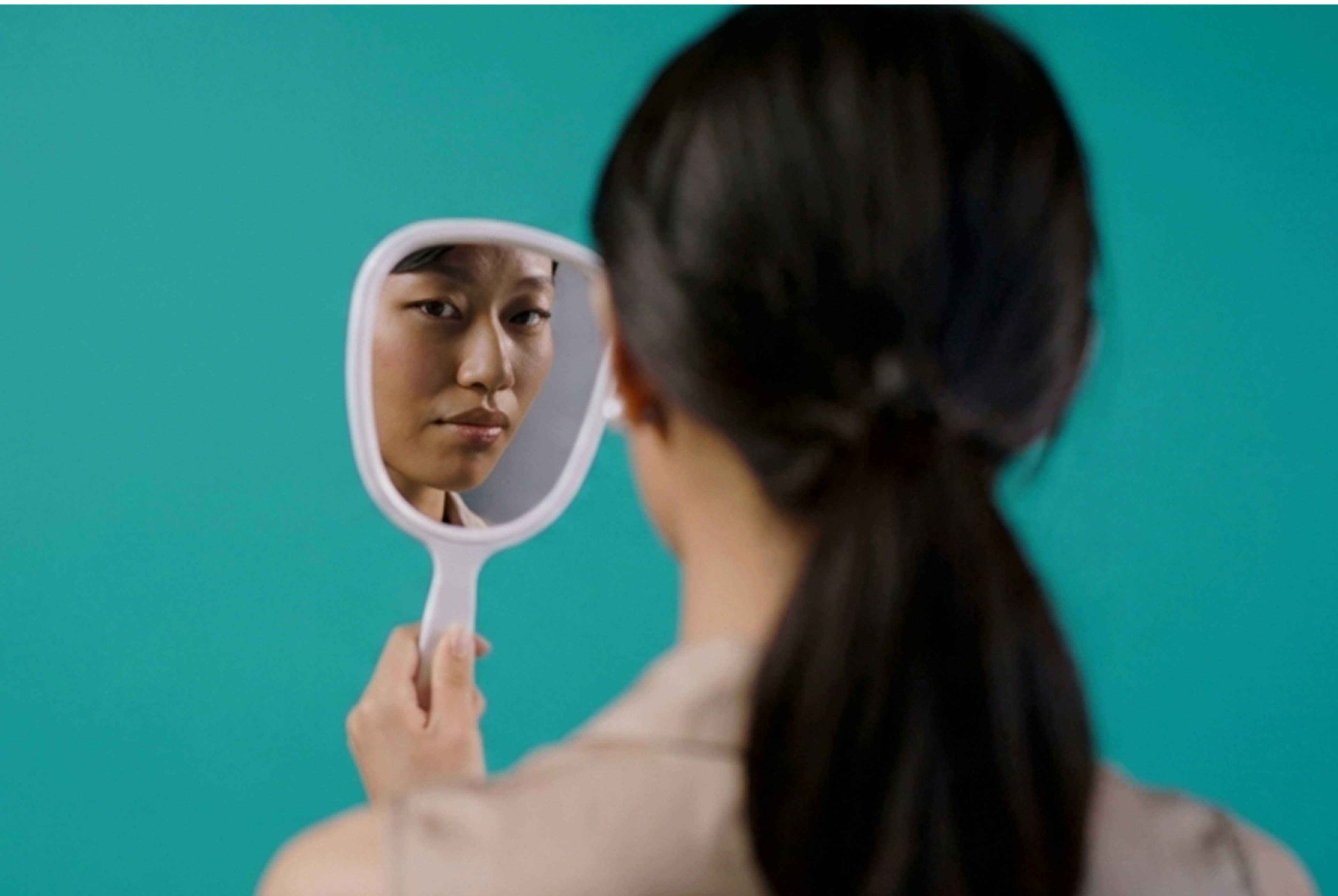

In our modern world, it can be hard—if not impossible—to completely avoid using social media. After all, these apps and websites are how people connect, stay up to date on current events, and get our fill of baby animal memes, any time of day.
Social media, like all things, comes with positives and negatives. Along with connection comes comparison, and comparison can be incredibly harmful — and a slippery slope — for those with eating disorders.
So how can you know whether social media would be helpful for you in recovery? This is when it’s important to weigh the pros and cons of being online. Looking for a way to help a loved one with an eating disorder? Check out this guide for protecting your child from social media in recovery.
The potential pros of social media
There are many body positive, pro-recovery accounts out there — on Instagram and other social media platforms. The comments on these accounts can be a reminder that recovery is possible and that there are supportive people out there.
Since most of us won’t give up social media entirely, we can at least make the experience more positive by following pro-recovery accounts. It can also be an opportunity to diversify your feed and hear from voices often left out of conversations about eating disorder recovery.
Social media can also be a great way to connect with people who you may not be able to see in person, especially during a time like COVID-19, where in-person connection can be challenging. These people may be helpful supports in your recovery journey — and social media can enable this connection.
The potential cons of social media
Sometimes, it can be hard to find accounts with reliably accurate and helpful info. Even pro-recovery accounts can sometimes veer into problematic territory.
Sometimes, it can be hard to accurately figure out which accounts you’re following for pro-recovery content and which ones are part of your feed because they feel “familiar.” These familiar accounts may deliver messages you used to believe in, but you actually realize now are triggering content. Unhelpful accounts and pages do exist, and they spread misinformation and are quite harmful to the recovery process.
Since anyone can share anything on social media, there’s always the possibility of bumping into triggering or unhelpful content. This is why it’s always important to be aware of what boundaries you need for your recovery.
Actions and suggestions for limiting social media:
- It’s never a bad idea to take a break from social media. In fact, stepping back from social media to focus on your recovery is often a great idea. This gives you the time to focus on you and what you want from life and those around you.
- If you can’t step back all the way, it can be a healthy exercise to clear your feed of accounts that are triggering, or that promote diet culture or disordered behaviors. If something isn’t making you happy, is increasing your eating disorder urges, or makes you feel “not enough,” then it’s not a good idea to have it on your feed.
- Work with your therapist or peer mentor to discuss how social media has impacted your personal recovery journey. In these sessions, you can talk through what actions might be best for you and how to go about achieving those changes. Social media can always become a tool later in your recovery journey if it’s too complicated or overwhelming right now—that’s perfectly fine! Alternately, social media might never play a role in your recovery, and that’s 100% okay, too.
Also, here’s a big reminder that you never have to share your recovery journey online. It’s 100000% okay to keep it private if that’s what feels right for you. No matter how many people you see journaling their recovery journey on social media, it is not a prerequisite to recovery success. You and your team get to decide what helps you.







